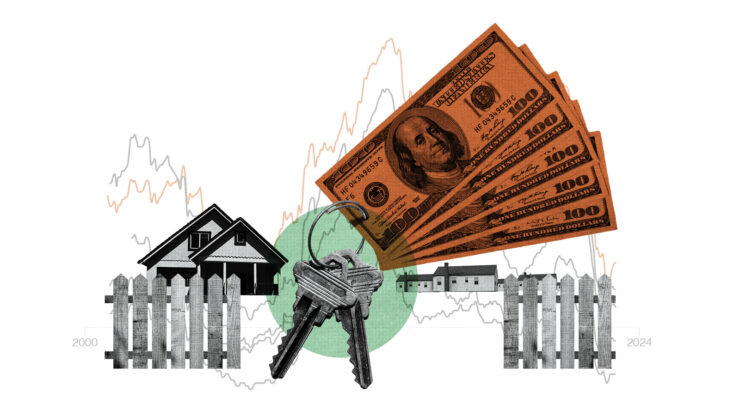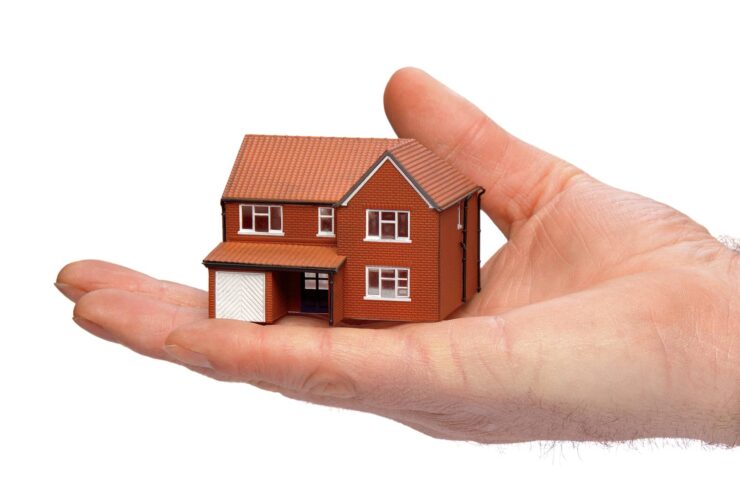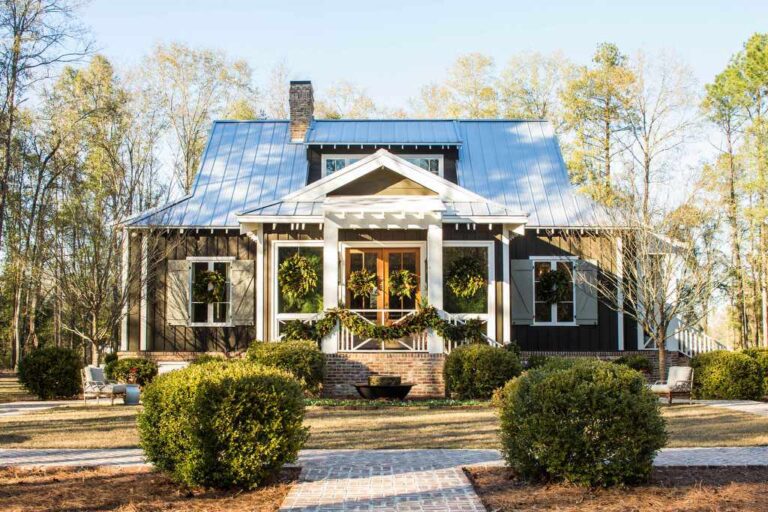As you enter your golden years and approach retirement, you may find yourself considering where and how you want to live out this next chapter of life. The experts at Houston-based Jamestown Estate Homes say that for many, the appeal of an estate home becomes increasingly attractive. With spacious homes situated on acreages, estate homes offer privacy, luxury, and room for family and friends to visit and stay. If you are thinking about making such an investment for your retirement, here’s what you need to know about their benefits and drawbacks.
The Space and Privacy of Estate Homes

One of the biggest appeals of estate homes is their sheer size and space. Unlike crowded suburbs or busy urban centers, estate homes let you spread out on multi-acre properties. The homes themselves are also exceptionally spacious, with 4,000+ square feet being typical. This allows you room for hobbies, entertaining, and multi-generational family living. Privacy is also a major perk, with large lots and sometimes gated driveways or communities. You can find peace, quiet, and solitude during your golden years.
Customization for Your Unique Lifestyle
Another outstanding feature of these homes is that you can truly customize them to match your lifestyle vision for retirement. Whether you want space for gardening, winemaking, woodworking, cooking, or hosting family and friends, you can customize estate homes to make that happen. Their large square footage and acreage accommodates virtually any retirement dream or hobby you can imagine. Building a custom home also allows you to incorporate age-friendly elements like single-floor living, wide doorways and halls for accessibility, elevator installation, and more.
Smart Real Estate Investment for Retirement
On the financial side, purchasing or building an estate home can also represent a smart real estate investment to fund your retirement. Quality estate homes tend to appreciate well over time, with some areas seeing over 10% annual price growth. Downsizing from your property later on can free up a major chunk of equity to live off during retirement. Some buyers even purchase estate home lots early on, realizing gains from lot appreciation before custom building their retirement dream home. If you have the capital to invest, estate homes in popular areas can produce excellent returns.
Affordability and Accessibility Challenges

Of course, one major downside of estate homes is that they can be quite expensive to purchase and maintain. Multi-million-dollar price tags are not uncommon, especially when including acreage and a custom-built luxury home. Property taxes, home insurance, utilities, and upkeep costs are also dramatically higher thanks to the sheer size. Gardening and landscaping on acreages is also extremely labor intensive without professional help. And some estate home communities have set requirements for home sizes, styles, and lot upkeep.
The location of estate homes can also limit accessibility to amenities. Since they are situated on acreages, these homes are rarely walking distance to shopping, dining, entertainment, and other services. For retirees, this can mean dependence on driving for many daily tasks and activities. Proximity to quality healthcare facilities and hospitals should also be considered if looking to age in place long term.
Community Amenities
Estate homes, with their privacy and expansive space, often lack the communal amenities that enrich retirement living, such as fitness centers, pools, and social clubs. Retirees can overcome this by tapping into local community centers or joining nearby clubs and organizations. These alternatives not only replicate the amenities but also foster a sense of community and belonging. Additionally, exploring local parks and recreational facilities can offer walking trails and nature experiences that complement this living lifestyle, ensuring a balanced approach to wellness and social engagement.
Maintenance Responsibilities
The allure of estate homes comes with the responsibility of upkeep, from landscaping to maintaining private utilities. Retirees facing these tasks can explore hiring property management services, which offer comprehensive care and maintenance solutions. Another strategy is forming or joining a homeowners’ association, where shared responsibilities and costs can ease the individual burden. These approaches not only ensure the property remains in prime condition but also allow residents to enjoy their retirement without the constant worry of property maintenance.
Resale Market Considerations

Investing in an home is a significant financial decision, with the resale market’s volatility posing potential risks. Factors affecting resale value include local market trends, economic shifts, and changing buyer preferences. Retirees should conduct thorough market research and consider future developments in the area that could impact property value. Staying informed about the luxury property market and consulting with real estate professionals specialized in high-value homes can provide insights into maximizing investment potential while mitigating risks.
Social Isolation Risk
The secluded nature of estate homes can lead to social isolation, a significant concern for retirees seeking active community life. To combat this, engaging in local community events, volunteering, or participating in interest-based groups can maintain social connections. Additionally, technology offers avenues for virtual communication, allowing for regular contact with friends and family. These strategies ensure that retirees living in property homes can enjoy the solitude of their environment without sacrificing their social life and community engagement.
Accessibility Features
As retirees plan for their future in an property home, incorporating accessibility features becomes crucial for safety and comfort. Customization options should include wheelchair-accessible entrances, bathrooms with grab bars, and possibly even smart home technology that enhances livability for aging residents. Consulting with architects or designers who specialize in age-friendly living spaces can ensure that the home not only meets current needs but is also adaptable for future requirements, allowing retirees to age in place confidently.
Insurance Considerations

Estate homes require specialized insurance coverage due to their value and distinctive features. Beyond standard homeowners’ insurance, retirees should consider umbrella policies that offer additional protection and policies that cover high-value assets like art collections or luxury vehicles. Consulting with insurance professionals who understand the nuances of insuring luxury properties can guide retirees through selecting coverage that safeguards their home and possessions against unforeseen events, providing peace of mind in their investment.
Legal and Estate Planning Implications
The acquisition or construction of an property home entails legal and estate planning considerations that are pivotal for retirees. Issues such as property and estate taxes, succession planning, and the legal structuring of ownership must be addressed to ensure financial and legal security. Engaging with legal and financial advisors early in the process can help navigate these complexities, ensuring that the property is not only a place of comfort and luxury but also a well-planned asset that aligns with the retirees’ long-term wishes and financial strategies.
Conclusion
Ultimately estate homes offer trade-offs. On the one hand, they provide spacious, private, and luxurious living on sprawling properties customized to your interests. They can represent solid real estate investments as well. But they can also be expensive to attain and maintain over decades of retirement. Weighing your financial capability along with your lifestyle vision can help determine if the appeal of estate living fits into your retirement dreams or nightmares. With smart planning and prudent investment, estate homes can absolutely prove ideal anchors for pampering your golden years.

